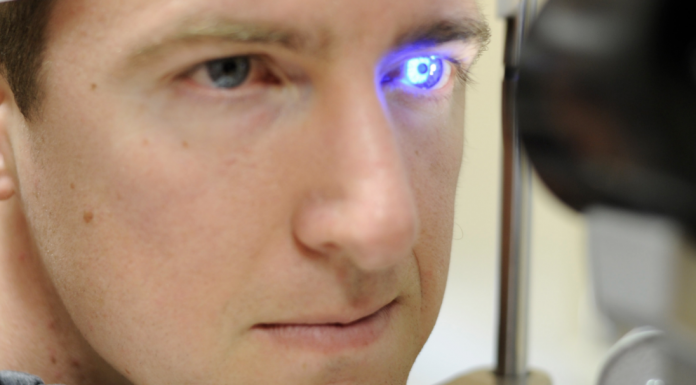
“I was extremely lethargic, going from my bed to the toilet felt like I had run a marathon.” – Amy Walker, 30, a COVID-19 patient from London
London (CNN) – “I woke up and couldn’t taste or smell anything. It was the most acute thing I’ve ever experienced,” says Londoner Holly Bourne.
Bourne has not had the widely recognized coronavirus symptoms — a cough or high fever — and therefore is not eligible to be tested by the UK’s National Health Service (NHS).
But her experience of suddenly losing her sense of smell, combined with “weird head rushes,” headaches and exhaustion led her doctor to diagnose her “straight off the bat” with Covid-19 over the phone.
While there have yet to be robust studies on the link between coronavirus and smell, doctors have reported anecdotally that losing the ability to smell may be among the virus’s symptoms — but how widespread that is, and how long it might last, is unclear.
“I feel lucky I don’t have the really scary symptoms,” the 33-year-old author says. However, she describes her loss of the sense of smell, or anosmia, as “one of the most upsetting things I’ve ever gone through because you’re not in the driving seat …. I just feel really powerless and scared.”
Chances are high that you’re about to spend a majority of your time at home. And in a time like this, comfort is key.
Aside from the psychological impact of believing you’ve caught a deadly virus, and how losing your sense of smell strips joy from eating food, anosmia can also be dangerous.
Holly Bourne describes her anosmia as “one of the most upsetting things I’ve ever gone through.”
As Bourne discovered when her boyfriend asked why a plastic margarine tub was melting on the stove in their London home.
She had her back turned while making sandwiches and couldn’t detect the synthetic burning smell.
Like the dozens of people experiencing loss of smell that CNN has spoken to for this article, with a lack of official health authority advice available, Bourne turned to Google and social media for answers … Read more.
RECENTLY:



